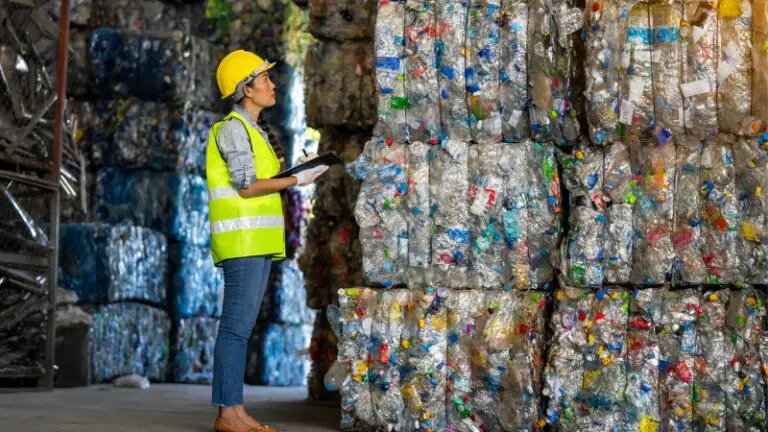The 450° Centigrade Solution

Japan is pioneering a new approach to plastic recycling that could change the game.
Nearly 400 million tons of plastic is produced annually, and about half designed for single use. Only about 25 percent of global plastic waste is recycled, while most ends up in landfills or oceans, posing severe threats to marine ecosystems and human health.
Despite its reputation for cleanliness, Japan generates almost 40 kg of single-use plastic waste per person annually. This challenge has driven Japanese innovators to seek novel solutions.
The Science Behind the Solution
Environment Energy, a Japanese company, plans to launch a commercial plant in 2025 using their innovative HICOP (High-efficiency Oil Production) method. This process converts plastic waste into crude oil, potentially processing 20,000 tons of plastic annually.
The HICOP process uses catalytic cracking, a method from petroleum refining, to break down plastic molecules at temperatures up to 450°C. This approach is safer than pyrolysis, yielding high-quality oil composed of 50 percent gasoline and 50 percent diesel. The system can process about 120 tons of waste per month with minimal downtime, and the resultant oil can be used for fuel, home heating, or as raw material for new plastic production.
HICOP represents a significant advancement in chemical recycling, breaking plastic into its constituent parts to allow for higher-quality end products. The process uses catalysts to convert plastic into hydrocarbon gases, which are then concentrated into crude oil. This method is versatile, handling mixed plastic waste and PVC with low contamination rates.
The Road Ahead
Innovations like HICOP offer hope for reducing the environmental impact of plastic consumption by converting waste into usable fuel or raw materials. However, experts caution that this technology is not a complete solution. Reducing plastic use and improving existing recycling methods are also essential.
As Environment Energy prepares to bring its first commercial plant online in 2025, the success of this venture could inspire global shifts in plastic waste management. Japan’s plastic-to-oil technology is a crucial piece of data that could have a massive effect.
“Our core purpose is to create a circular economy where waste becomes the source of new materials,” explained Environment Energy CEO Suji Noda.